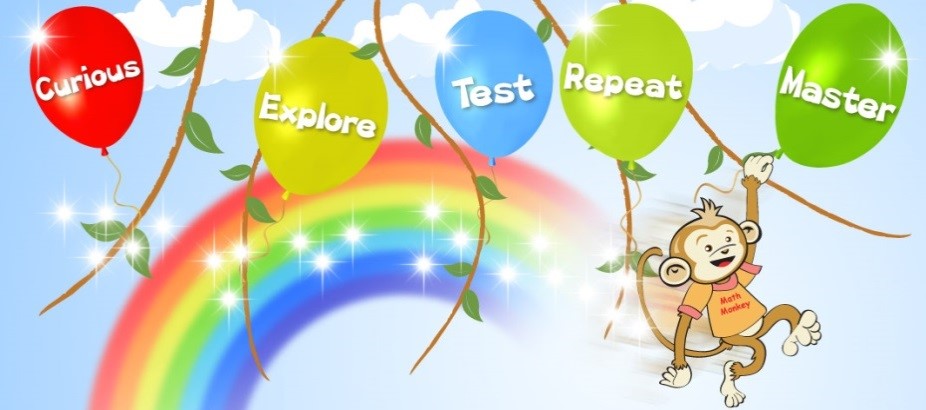How Brain Learns
How Brain Learns

Learning is a process that the brain goes through whenever it comes across something new. It is often sparked off by curiosity and by repeating the effective methods over and over again. This is how the brain masters a new object/situation:
- Unknown situation/object -> curiosity
- Explore this unknown in different forms
- Putting it to various tests to see if results are same or different
- Repeat interesting or effective methods until we master it
Imagine a little baby learning to crawl. He discovers mobility, he explores this by moving his hands, then he tries kicking his legs and finally he realizes moving hands and legs together is an effective method to move forward, so he repeats the action until he masters the art of crawling.
Similarly, children who come in contact with Vedic Math for the first time will be curious and surprised at how fast they can derive their answers. They will be exposed to the different relationships between the numbers and they will get to explore it in different forms. Being motivated to win at games, children will test out different ways, to not only getting the right answer but to be the fastest team that gets the correct answer and win. Amidst all the fun, children will learn and master Vedic Math, naturally. At the end of the day, they would have learnt much more than what can be taught.
